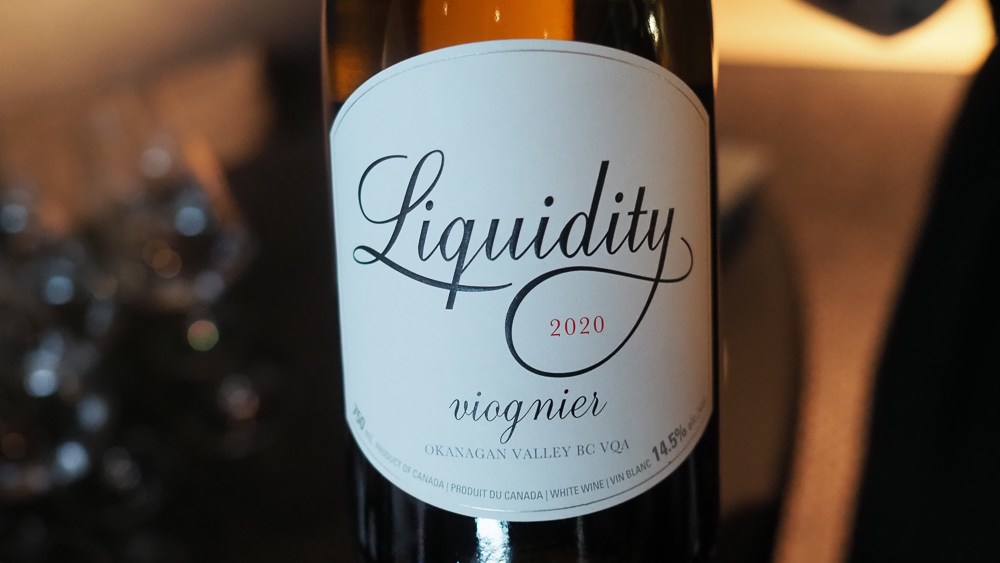It is getting harder every year to keep up with all the celebrations for the official day of celebration for every conceivable type of hooch.
Even if we ignore beer, wine, and all the other distilled spirits, just whisky alone has multiple so-called official days of celebration.
International Scotch Day stars out the calendar in early February, quickly followed by International Whisk(e)y Day at the end of March, then World Whisky Day in May, National Bourbon Day in June, and just a few days ago, National Scotch Day on July 27.
The jaded, world-weary, and cynical readers in the audience may harbor suspicions that all these so-called official days were made up by the distillers and drinks companies of the world as transparent attempts to gain filthy lucre, and those readers would be correct.
The differences between International Scotch and National Scotch Day seem pretty fuzzy to me, with the international version dreamed up by Diageo, also known as the world’s largest drinks company, while the National version seems to be USA-only in scope, which seems odd for a non-American spirit.
Still, far be it from me to pass up an opportunity to get together with my usual bunch of drinking companions to sample a wee dram or two, so that is just what I did.
For those new to the world of Scotch Whisky, there are five different classifications that are based on the ingredients and distillation methods used.
Single Malt Scotch would be the one you hear all the whisky snobs raving on about, and is made from 100% malted barley at a single distillery, distilled in a copper pot still at least twice. Despite the single part of the name, single malts may contain more than one batch of distilled malts, so long as they are from the same distillery.
Blended Malt Scotch is just like a single malt, with the exception of the different malt batches coming from different distilleries.
Single Grain Scotch uses a combination of malted barley and other unmalted cereal grains from a single distillery, but can use the fancier column still instead of the more traditional pot still. Despite the single part of the name, multiple batches of distilled spirits are permitted, so long as they are from the same distillery.
Blended Grain Scotch is just like the above, with the exception of the different batches of spirits coming from different distilleries.
Blended Scotch is the final catch-all category, and makes up 90% of the bottles you will find on the shelf at your friendly neighbourhood booze merchant. These can use any proportion of malted barley and other grains, and can be blends of any of the above types of whisky from different distilleries.
As one of those insufferable whisky snobs, I spent many years prattling on about the superior flavour profiles of the single malts, and that blended whiskies were the Scotch equivalent of a Bud Light.
In the fullness of time, as my palate matured and my snobbery lessened, I came to appreciate why single malts made up less than 10% of the market, and how master distillers created a spirit that was more than the sum of its parts through the magic of blending different whiskies in order to smooth off the rough edges of a single malt and create a more balanced flavour profile.
Johnnie Walker is the thundering juggernaut of the Scotch industry, selling more bottles each year than the next three competitors combined, and has held this dominant position for decades. You will find different price points of Johnnie Walker, mostly corresponding to the years spent aging in oak, with each price point a different colour on the bottle for easy identification.
Coming in a distant second in Ballantines, which started out in a small grocery store in Edinburgh in 1827, and through the twisted web of consolidation over the years, ended up being Canadian-owned in 1937, after an acquisition by Hiram Walker & Sons, the same distillers of the famed Canadian Club Whisky, which was rumoured to have an illicit pipeline dug under the river between Windsor and Detroit to smuggle whisky into the USA during the dark days of Prohibition.
Whatever your whisky proclivities may be, celebrate on your own time and own way without giving in to the day-of-this or day-of-that advertising campaigns of the drinks companies of the world, and never forget that we have world-class malting barley right here in Alberta, so remember to support your local craft whiskey distillers.








